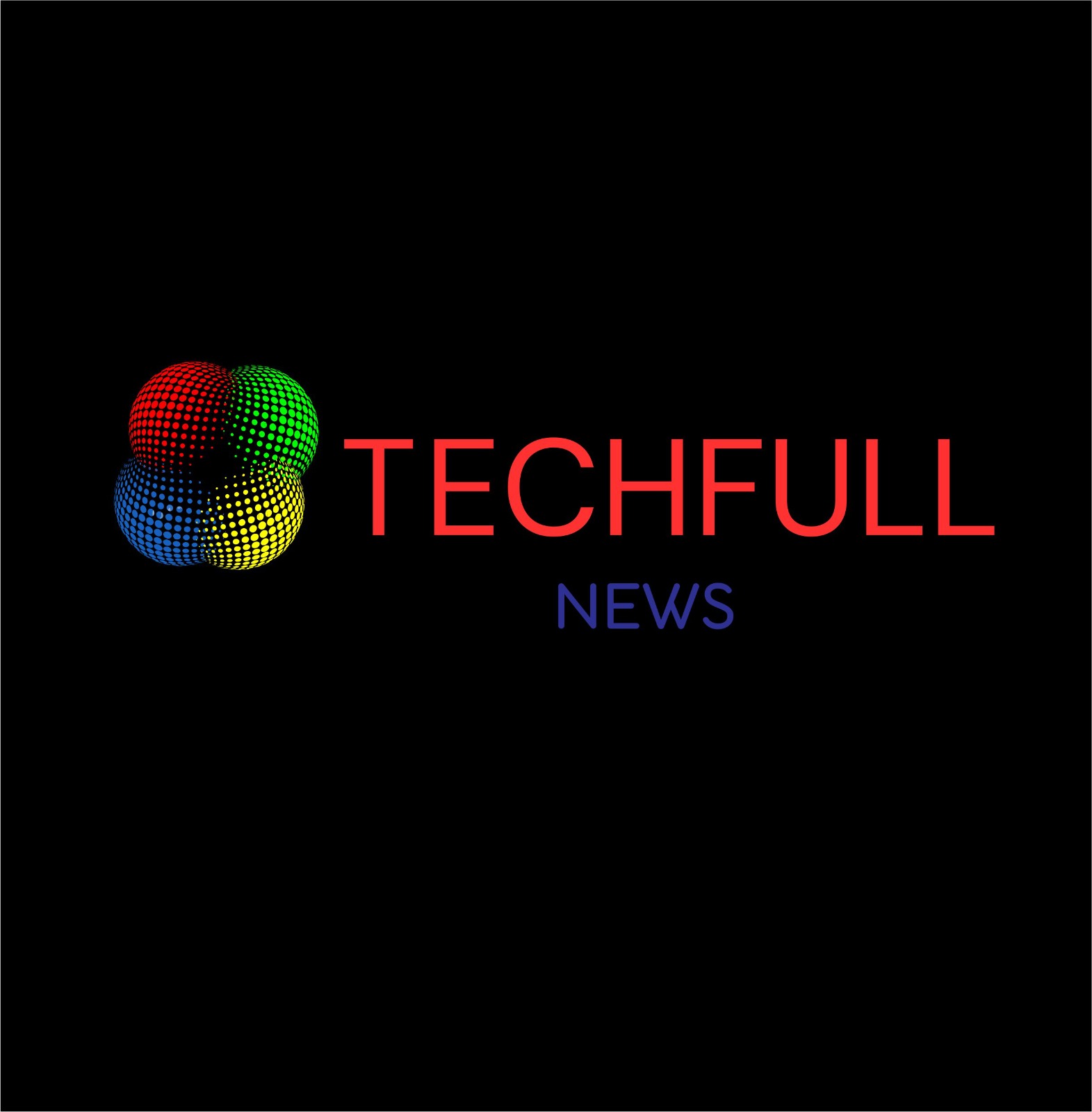We do not need more social media. But we need MySpace back.
Why? Because we need less social media.
We are all exhausted with the current social media landscape. The apps are all clones of each other, and they all kind of suck. Instagram has sucked for years. Facebook isn’t even worth mentioning. TikTok is too good, which is a problem because it’s nearly impossible to put down.
Every social media platform is trying to be everything, and in the process, they are losing their novelty and becoming less useful, more harmful, and comparatively mediocre.
MySpace was the perfect passive social media site. It was like AIM but grown up a little. It died before it lived long enough to become the villain.
MySpace was basically like creating a personal homepage. You could customize the colors and designs, have your favorite track playing on your page, post status updates, talk with pals by leaving comments, and, most notably, rank your Top 8 friends.
You could also personalize your profile page using rudimentary knowledge of HTML and CSS. The platform taught a generation how to code.
That was part of the charm of MySpace. It allowed users to express themselves and their interests by creating a singular space that was unique to them. It was made for people and not brand advertisers.
Now, I think the winds of change are blowing back in MySpace’s direction. BeReal took off because it promised to be a social media site designed to make you do less curating. What if we had a curated social media site designed to do less?
Instagram recently launched the ability to add songs to notes and posts. That’s a cheap copy of a key MySpace feature: the ability to add a song to your profile page to match your mood.
Insider recently published research that suggests social media as we knew it is dying. Regular people are posting less while still checking their feeds. Influencers post a ton, but they’re basically just brands. Normal folks want to log in, check things, and log off. We’re already doing that with sites not designed for that. That was pretty much MySpace’s entire purpose.
So, why not MySpace? Why can’t we bring it back? Who says you can’t go home?
It is the perfect social media site for 2023. It is a snapshot of your life. You update it as you please, but it doesn’t require constant attention and maintenance. If you log off for a two-week vacation, things would basically be as you left it. There wouldn’t 15 different trends you missed. You wouldn’t have to worry about gaining or losing followers because — gasp — followers weren’t really a thing.
You had the social hierarchy associated with your Top 8, and that was all you needed. The platform was far more focused on making a cool page and talking to your actual friends.
The real reason MySpace hasn’t been revived is because the tech giants can’t monetize it. But honestly, when has that ever stopped anything in tech?
This isn’t just a rosy bit of nostalgia from me. I am the person, after all, who once dug up the remnants of his old MySpace out of dumb curiosity.
https://x.com/somefinetweets/status/1696936059773571346?s=20
Beyond the nostalgia, I do truly think there’s a real opportunity to shift how we interact with social media moving forward. MySpace does still exist in some form, so maybe it’s a tall ask to have it rebrand into some 2023 version of its old self. Yet, the revived MySpace doesn’t have to be MySpace. If everyone suddenly joined NoSpace, effectively a MySpace dupe for Gen Z, that would be just as radical.
These days, people crave a more intimate online experience, and MySpace was just that.
Whatever happens, I’m certain about one thing. We have to keep the Top 8. Sure, it seems petty to rank your friends. But that was exactly what made MySpace so personal: The stakes were so low the only drama was figuring out who were the eight friends you considered closest.
Here are some additional thoughts on why MySpace could be the social media site for our time:
- MySpace was a place where people could be themselves. There was less pressure to curate your image or to be perfect.
- MySpace was a place to connect with friends and family. It was less about following celebrities or influencers.
- MySpace was a place to express yourself creatively. You could customize your profile page and add your own music and videos.
I believe that there is a growing desire for a social media platform that is more personal, less curated, and more creative. MySpace could be the platform to fill that need.

